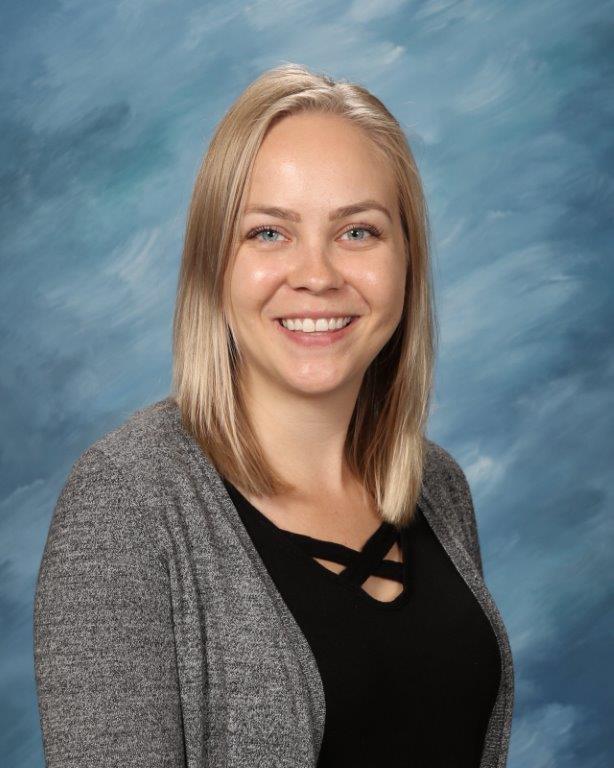Hearing
Meet our Hearing Team
Supports for students who are deaf or hard of hearing are provided by a Speech-Language Pathologist who has an additional university degree in Deaf Education. Hearing supports include:
- Screening of hearing thresholds to determine if diagnostic audiological testing is required.
- Educate school personnel about language, communication, social, and educational effects of hearing loss/deafness, technology options, and associated accommodations.
- Educate students and their families regarding hearing status, associated accommodations, technology options, and self-advocacy.
- Observe classroom and school environments to evaluate communication access, classroom acoustics, and how children who are deaf or hard of hearing are functioning.
- Make recommendations to improve access to communication, participation, and instruction including use of assistive technologies.
- Use audiological data, coupled with academic and communication data to determine appropriate use of visual technologies for equitable access to language, instruction and the curriculum (e.g., ASL, signed systems, cued speech, CART and voice to text translations).
- Promote programs for speechreading, listening, communication strategies and use and care of amplification devices.
- Perform listening checks and basic troubleshooting to monitor personal hearing instruments and hearing assistance technology. Contact community audiologist when problems require additional attention or repair.
Source: Supporting Students who are Deaf and Hard of Hearing: Recommended Roles of Educational Audiologists and Teachers of the Deaf and Hard of Hearing
Who can receive Hearing supports?
Any student who has a suspected or diagnosed hearing loss can receive hearing supports in their school. The student, their parents/guardians, and applicable school staff are all members of the team to ensure the student has access to communication.
Resources
September 2020 recorded in-service and handouts can be accessed here - Introduction to Working with Deaf and Hard of Hearing Students
Accommodations - Lifeline to Equal Access
Accommodations and Modifications for Students who are Deaf and Hard of Hearing
Relationship of Hearing Loss to Listening and Learning Needs
Brain Development and Hearing Loss
Attitude is Caught, Not Taught
Using Roger Touchscreen Mic and Roger Receivers
Using the Roger Pass-around in the Classroom
Using Roger Multimedia Hub in the Classroom
